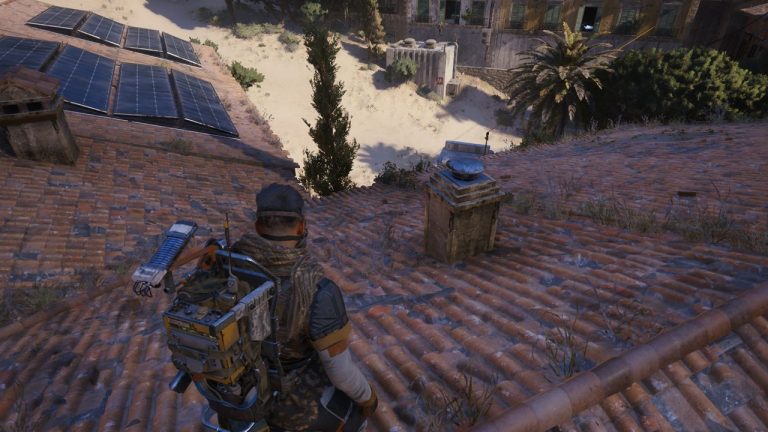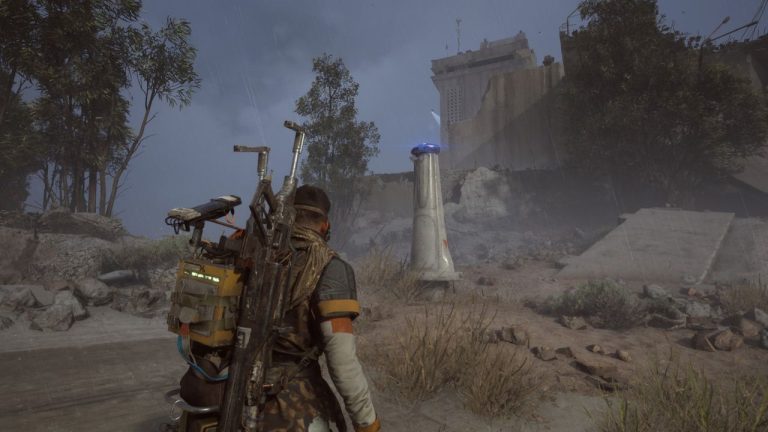Creative Assembly’s latest strategy deep-dive into a raucous period of history takes us to Ancient Egypt in the 12th Century BC. As this part of the world hurtles towards the collapse of the Bronze Age, the Egyptians, Hittites, and Canaanites already have much of their histories behind them, with rich pantheons of gods and historical cities that act as Cult Centres for their people.
In a subtle blending of myth and history, these features function under the Deities and Pillars of Civilization systems, and play a critical part in your Total War: Pharaoh campaigns.
The collapse of the Bronze Age may be inevitable, but how you utilise these new features will impact how well you come out the other side (if at all). Here’s what you need to know.
Pillars of Civilization
(Image credit: Sega)
We’ve partnered up with Sega to create series of articles and videos that showcase the new features of Total War: Pharaoh.
Prosperity, Crisis, Collapse. These are the three core states that the world of Total War: Pharaoh can exist in, and are capable of drastically affecting your game. This state is directly tied to Cult Centres—key cities around the eastern med that hold great cultural value. The more these cities prosper (by having high-level Governor’s buildings), the better the world-state, and the higher the chance of receiving Blessings—boosting things like workforce growth or food output.
There are certain leaders out there, however, like the vengeful Hittite Kurunta or the barbaric raider Irsu, who just want to watch the world burn. When Cult Centres get razed by war and pillaging, the world moves into a Crisis state, where you’ll see an increase in the occurrence of disasters like floods, earthquakes, and plagues.
Production also decreases in these dark times, but you can offset the damage by issuing Royal Decrees that will sustain your resources during times of crisis. Buildings like the Smugglers’ Market, meanwhile, can also mitigate production decreases during periods of Crisis and Collapse.
As the civilised world’s prosperity decreases, enemy forces will smell blood, and you’ll also see an increase in attacks from the Sea Peoples coming in from the west, as well as Nomadic Tribes and Desert Raiders. They’ll attack in vicious waves, the intensity of which will depend on how deep into Crisis (or Collapse) the world is. Do not underestimate them!
(Image credit: Sega)
Deities
Back in those days, the major powers around the med had polytheistic religions, each with their own pantheon of colourful gods. Total War: Pharaoh captures this diversity by making deities a key mechanic in the game. By choosing a Deity, building Shrines and Temples in their honour, and worshipping at these sacred places, you can gain powerful boons for your faction. The more temples and shrines you have, the more Favour you earn, and the more powerful the perks.
At first, you can only worship one deity, and your choice will be affected by which faction you’re a part of. As an Egyptian, you’ll get to roll with Anubis, Set, Ran, Horus, and all the familiar animal-headed gods of its pantheon.
The Canaanites have some familiar faces too, such as the mysterious bull-headed Moloch, who was associated with child sacrifice, the mother goddess Asherah, and the Sea God Yamm. The Hittites, meanwhile, were led by ‘the father of Gods’ Kumarbi, and their deities include, among others, the God of the Hunt Kurunta, and the weather god Tarhunna.
Once you build Shrines, you can send generals to pray at them for temporary boosts; Anubis will demoralise your enemies when you fight them, for instance, while the Hittite Goddess Shaushka will increase your army’s morale and boost its resistance to missiles. You can even go a step further and fully dedicate a general to a Deity, granting them permanent buffs.
As you trade with or conquer other factions, their deities will become available for you to worship, and you can even pass Royal Decrees to worship multiple gods at once. You won’t be restricted to your native pantheon, and can ‘mix and match’ Egyptian, Hittite, and Canaanite deities, synergising them to powerful effect.
Set and Anubis both increase Missile Range on your armies, so building Shrines to both will make you a master of long-ranged warfare. Or you can try the Canaanite God Yamm and the Hittite Sun Goddess Arinna together, which can reduce Recruitment Cost by up to 38%, and boost regional happiness by as much as 13 points.
The trade-off for following multiple deities is that there’s a limited number of shrines and temples you can build, so it’ll take longer to build up Favour with each one. Once you have more than one Deity however, for a small amount of gold you can quickly swap shrines and temples dedicated to your existing deity to another one.
Total War: Pharaoh may be a little more grounded than recent games in the series, but you can still feel the presence of higher powers, and the favour of the gods should be a key part of any commander’s strategy.












